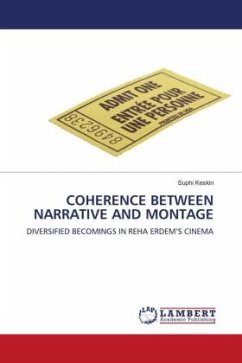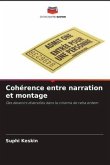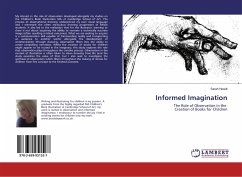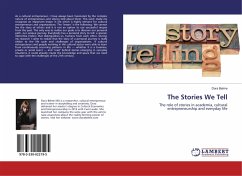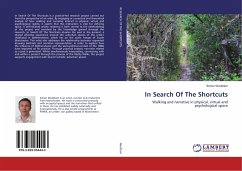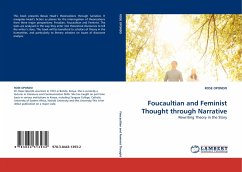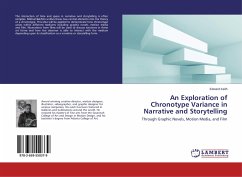This book aims to demonstrate the coherence between narrative and montage in Reha Erdem's cinema in dialogue with Deleuzian philosophy and cinema theory, and it analyzes the parallels and divergences between Erdem's cinema and Deleuzian concepts. In order to accomplish this aim, this thesis explores three films from Erdem's oeuvre by employing Deleuzian concepts clustered around "becoming". The three films are Kosmos (2010), What's a Human, Anyway? (2004), and Singing Women (2013), since they carry a thematic commonality in the narrative of the concept of becoming; and vary with diversified forms of this concept, such as becoming-animal, woman, and imperceptible in terms of form and narrative. Within this scope, the thesis reveals Gilles Deleuze's consistency between his philosophy developed with Félix Guattari and cinema theory by the agency of Erdem's cinema. In addition to underlining the parallels, the narrative and formal analysis also delve into Erdem's reinterpretations ofand deviations from Deleuzian theory.
Bitte wählen Sie Ihr Anliegen aus.
Rechnungen
Retourenschein anfordern
Bestellstatus
Storno

